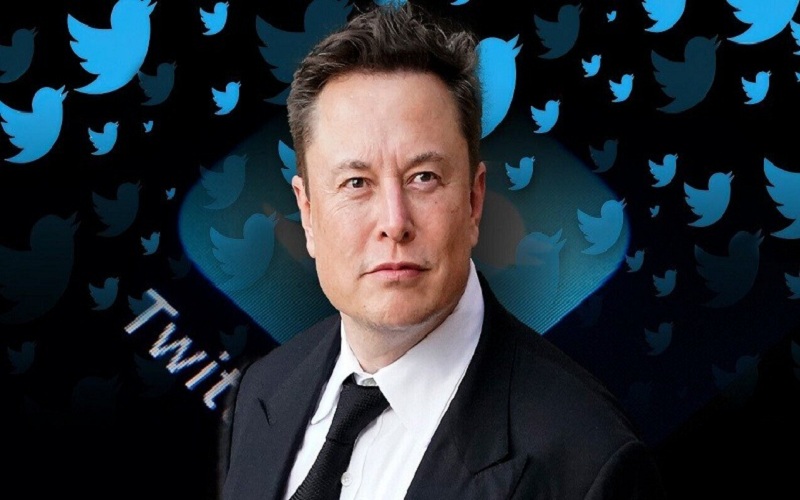-The Ban Is Due To Privacy Concerns Linked To Apple’s Partnership With OpenAI
In the news:
- Elon Musk threatened to ban Apple devices from his companies if Apple integrates OpenAI at the OS level, citing security concerns.
- The threat follows Apple’s announcement of new AI features and a partnership with OpenAI for ChatGPT integration with Siri.
- Musk co-founded OpenAI in 2015 and later sued the organization for deviating from its mission.
Elon Musk has threatened to ban Apple devices, including the iPhone, from the companies he founded on Monday, over concerns about whether the iPhone maker’s new partnership with OpenAI will protect users’ personal data.
“If Apple integrates OpenAI at the OS (operating system) level, then Apple devices will be banned at my companies,” Musk wrote in a post on X on Monday. “That is an unacceptable security violation.”
Among the companies Musk runs or co-founded are electric car maker Tesla, rocket producer SpaceX, space tunnelling startup, the Boring Company, and X, formerly known as Twitter, which he acquired in 2022.
Musk went on to say that visitors to his companies will have to “check their Apple devices at the door, where they will be stored in a Faraday cage,” in reference to an enclosure that shields anything placed inside it from electromagnetic fields.
Apple didn’t immediately reply to a request for comment.
Musk’s remarks come on the heels of Apple’s annual developer event, in which the iPhone maker unveiled a swathe of new AI-based features, underpinned by what the company calls Apple Intelligence.
Those features include the ability to re-write or summarize notes as well as Siri’s improved capability to understand context in conversations. Apple also used the conference to announce its partnership with OpenAI, sharing that users would gain access to ChatGPT through Apple’s virtual assistant Siri.
The iPhone maker said to expect the ChatGPT integration in its operating systems for its iPhone, iPad, and Mac computers later this year.
The integration with ChatGPT is an optional feature, the company said, demonstrating how users can opt-in to using OpenAI’s chatbot on its website. Apple said its devices would not collect personal data but would be aware of it.
“Privacy protections are built in for users who access ChatGPT — their IP addresses are obscured, and OpenAI won’t store requests,” Apple said in a Monday press release.
The iPhone maker has long championed privacy as a core value when designing products and services and said that Apple Intelligence would set “a new standard for privacy in AI.”
To help achieve this, Apple said certain requests will be processed on-device without requiring an internet connection, while more complex requests will be routed to the cloud in data centres with Apple-made chips.
“Data is not stored or made accessible to Apple and is only used to fulfill the user’s requests, and independent experts can verify this privacy.”
Musk’s relationship with OpenAI has been complex. He co-founded the organization in 2015 before stepping down from the board in 2018.
Earlier this year, Musk took legal action against the makers of ChatGPT, including CEO Sam Altman, arguing the company has abandoned its founding mission to develop AI that will benefit humanity in favour of profits.

